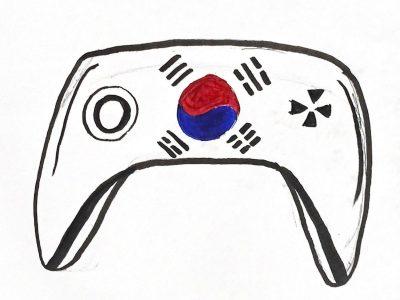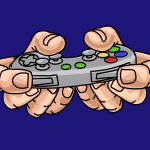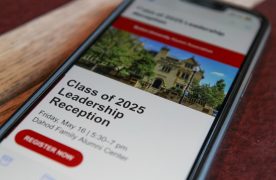In the burgeoning industry of competitive gaming, South Korea leads the world. It is the country with the best esports infrastructure, where esports have penetrated mainstream culture the most and a disproportionate source of professional players for many titles. In the Overwatch League, for instance, 56% of the players come from South Korea. The remaining 44% come from the rest of the world, namely China and the United States.
We should be careful around hyperbole here — The New York Times’ claim that esports is the Korean “national pastime,” for instance, seems patently false. In their home country, even the most famous Korean pro gamers have nowhere near the popularity of “equivalents” such as Premier League soccer player Son Heung-min.
Still, ideas that Koreans are somehow biologically suited for gaming persist, echoing the racial mythologies in other sports.
In the MLB, which sources players from the Dominican Republic more so than any country besides the United States, Dominican players have been cited as evidence of baseball’s simplicity, stereotyped as dumb because they are not native English speakers. In the NBA, spectators tend to view Black players as natural athletes at the expense of intelligence and white players as the most intelligent thinkers in the game at the expense of physical ability.
However, take a look at Korea’s history and the real reasons for Koreans’ large presence in esports will be better and better understood. South Korea’s response to the Asian financial crisis of the 1990s — heavy investment in telecommunications and the internet — is part of it, with esports teams bearing the names of South Korean communication and computing companies to this day.
The unforgiving nature of the path to higher education in Korea is equally important, stratified by the Suneung, the nation’s competitive college entrance exam. Meanwhile, the “PC bang,” an internet cafe where you can cheaply rent a gaming PC for several hours, is a common Korean institution.

For working-class children whose parents can’t send them to cram schools, the PC bang is an accessible way to use their free time. Competitive gaming stardom, as unrealistic as it is for most of them, is one of the only paths to upward mobility and can be “trained” for in an internet cafe.
Of course, these structural reasons are probably of little interest to reactionaries, who still see Korean gamers as unfeeling, superhuman automatons. Even more level-headed and objective sources sometimes resort to cultural essentialism, citing a competitive disposition in Korean society that I am inclined to doubt, or at least cautious of overestimating.
Regrettably, esports shines a light on our society’s racial and cultural biases. On top of unfounded stereotypes about gaming abilities, Korean people who relocated to the United States to play with their teams have also experienced real life racism.
Pro player Lee “Fearless” Eui-seok of the Dallas Fuel team came forward last week with his own accounts of the harassment he and his teammates have experienced since arriving in Texas. Among other things, he has been called Chinese, cursed out and coughed on in public.
Esports have unfortunately demonstrated the tension that can occur when Korean gamers play for teams associated with foreign cities. The most striking example was the London Spitfire team during the first season of the Overwatch League, which fielded 12 Korean players in spite of its name.
This is, of course, commonplace in regular sports, but it didn’t stop some fans from showing prejudice and confusion upon noticing the disconnect. “Why is ‘London Spitfire’ all Chinese?” wrote one player on the official Overwatch forums in 2018, probably not even realizing they ignorantly confused the players’ nationality.
Combatting this mindset is to some extent incumbent on esports organizations. Proper translators and support structures in place for all foreign players are crucial, not only to protect them and ensure they can adjust to life in other countries, but also to humanize them for fans.
The stereotype of Korean pros as emotionless comes in part from the language barrier — more video content and interviews with translations may help mitigate that.
Of course, the demonization and orientalization of the “East” in U.S. politics does not help either.
COVID-19 has certainly worsened the affair by creating conspiratorial rhetoric against Chinese people, blaming them for creating or somehow failing to deal with the disease, as if the United States did any better. Even many self-professed liberals who I know have attributed China’s handling of the pandemic to inherent cultural values or the Asiatic despotism of the country.
Korean and Chinese culture and language are clearly very different from one another, but the monolithic view of all Asians as Chinese is itself a common racist trope. In this way, anti-Chinese animus has had an even wider impact than its name suggests.
As we know, some people now associate China and the city of Wuhan with a perception of unsanitary foreigners and their alleged consumption of “bat soup.”
Changing individual hearts and minds will help, but this is also the result of the United States’ ongoing political saber-rattling against China, as well as a long history of racist immigration policies and imperial subjugation of the Philippines, war in Korea and Vietnam and propping-up of dictators in the region.
The pain of anti-Asian hate is felt sorely in esports, but the fight against it must take place elsewhere, too.













